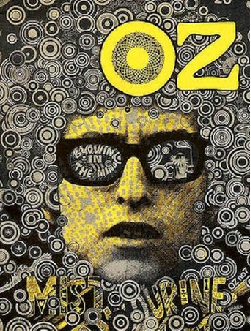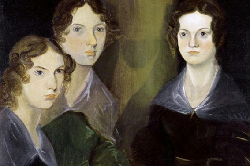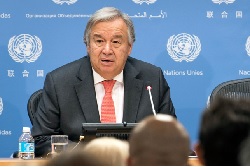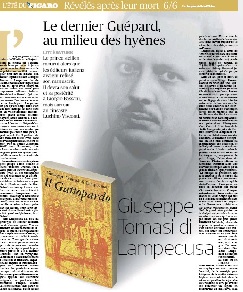September 2017 Culture and Society
Read the articles selected in September 2017
A multi-religious consensus on the ethichs of sustainable development: reflections of the Ethics in Action initiative
by Annett, J. Sachs, M. Sanchez Sorondo & W. Vendley
Source: http://www.asvis.it/
This initiative proposes a set of practical measures that translate the ethical imperative, shared by the world’s religions, to help the other, into an effective transfer of resources to the rich to the poor, for a change of the dominant economic paradigm into a vision of the common good aligned with the 2030 Agenda.
Eine Welt ohne Mitte und Mass
by Jürgen Müller
Source: http://www.faz.net, 21 September

The exposition of Pieter Bruegel’s works at Vienna’s museum Albertina shows the importance of the Flemish artist in the European world crossed by the Reform’s spirit, the Inquisition and the humanist Classicism, and how modern was his representation of the relation between art and client.
Read more:
The decade that never ended
by Andy Martin
Source: The Independent, 16 September

Beyond the commonplaces, the Sixties have produced a cultural transformation that through the critique of anthropocentric humanism, the theory of différence, the transcendental hedonism has painted a more ethical and creative capitalism.
Et tu, Bronte
Source: The Independent, 18 September

This year is the bicentenary of the birth of Branwell Brontë, the painter and poet brother of the more famous sisters Brontë, the occasion to know this background figure of their narrative world, the black sheep who played an important role in their creative writing and thinking.
The lessons of “Keep the Aspidistra Flying” for Millennials
Source: The Economist, 22 August

A George Orwell’s lesser-known novel from 1936 shows a generation, grown-up in the 1930s, that shares with the Millennials the willingness to accept under-qualified jobs, to work more for lower salaries. A “Great Depression mentality” explains the apparent comforting, quiet conformity of the happy ending.
UN chief calls for action on Myanmar and DPR Korea; launches reform initiatives
Source: http://www.un.org/, 13 September

United Nations Secretary-General António Guterres has called on Burmese authorities to grant the Muslims Rohingya a legal status, remembering to the international community the 380.000 people displaced in Bangladesh after the operations defined as ethnic cleansing.
Consulta l’articolo:
http://www.un.org/apps/news/story.asp?NewsID=57511#.WbpURchJYdV
Slavery is happening in plain sight. We need to open our eyes
Source: The Independent, 13 September

Slavery is a visible reality, although repressed by our society. Yet the active support of citizens is necessary to fight it, as well as a legislation targeted to this crime, whose victims are the most vulnerable and destitute, and not just foreigners people.
Die grosse Belohnung des Lebens
by Leander Steinkopf
Source: http://www.faz.net, 14 September

After the experts of the International Society for Evolutionary Medicine and Public Health gathered in Groningen, the evolution’s theory, neglected in medicine in its pragmatical approach, allows a more deep comprehension for the treatment and prevention of diseases.
Read more:
AI WeiWei: “ Le cinéma, cet instrument”
by Jacques Mandelbaum
Source: Le Monde, 3 September

The documentary “Human Flow” by Ai Weiwei, shown at Venice’s Festival, marks the passage from painting to the film by the Chinese artist, who about the issue of migrants has felt the necessity of a medium able to testimony the reality of things.
Luther, der Medienrevolutionär
by Theodor Kissel
Source: Die Zeit, 6 September

The invention of printing made possible the protestant revolution, creating the conditions for a direct relation between reader and writing, not mediated by the authority. From the printed book was born the mass literature, and the writing emancipated from sacred texts.
Giuseppe Tomasi di Lampedusa, le dernier Guépard, au milieu des hyènes
by Jacques de Saint Victor
Source: Le Figaro, 5 August

Deep in the time of Garibaldi’s unification, “Il Gattopardo” with its misunderstood skepticism to revolutions is ahead of its time in the criticism to the Italian bourgeoisie, questioning every ideology of progress and modernity.
Pop music is rejecting the piano. Why?
Source: The Economist, 26 August

Once seen as a perfect complement to the song, element of a faded social context, the piano is following the evolution of digital and appears today in the version both portable and cheaper of a keyboard. Nevertheless, the acoustic piano has still a place in the pop music.
Info
- Pubblicato il : 19/12/2017 Modificato il : 04/04/2019

